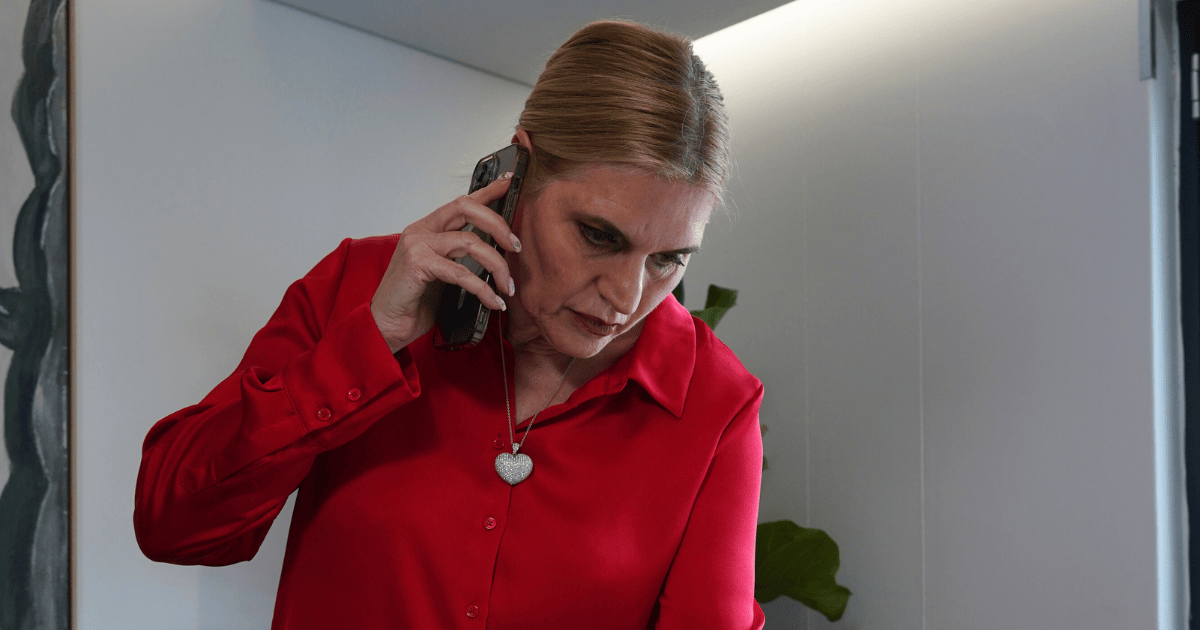When a parent passes away, this primary responsibility to maintain the child will not end or be extinguished but will rather lie against the estate of the deceased parent.
Where a deceased parent’s estate is inadequate to cover the child’s support, or if there is no estate leftover to meet the maintenance requirements of the child, the duty to support will be expanded to the child’s maternal and paternal grandparents jointly.
The common law recognises a hierarchical responsibility of support. The hierarchy of the duty of support lies with the grandparents, and failing them, great-grandparents in that ascending order prior to considering relatives in the collateral line such as brothers and sisters.
Failing parents, grandparents are jointly liable to maintain grandchildren. If father and mother are lacking or are needy, the burden of maintaining grandchildren and other further descendants has been laid by the Civil law on the paternal and maternal grandfather and the rest of the ascendants; with the reservation that much is left to the discretion of the judge.
It follows from this that by the customs of today the giving of maintenance to needy grandchildren, just as it is deemed a common burden on father and mother, so also is the burden deemed to be common to grandfather and grandmother.
Apart from the child becoming self-supporting, the duty to support is only terminated:
- in principle upon the child’s own death;
- where the child marries, in event of which the duty to support will then rest primarily on their spouse and only if the spouse cannot support can one’s parents be called on to support. Nevertheless, parents would have a right to recover their maintenance against the spouse.
For direct answers to your specific personal questions, please contact us directly.
Read more about our child law services.
Author – Jessica Gooding





